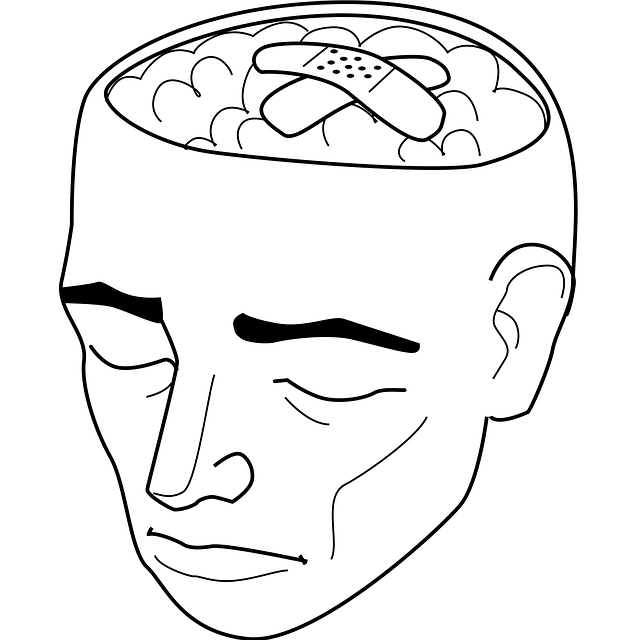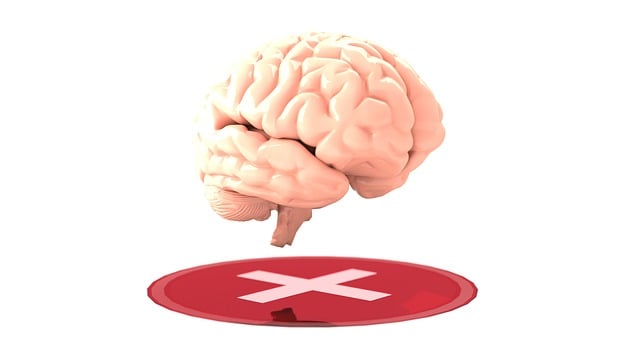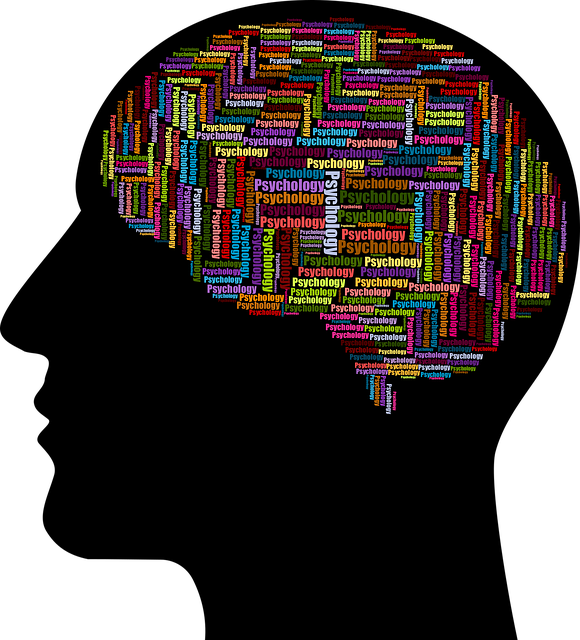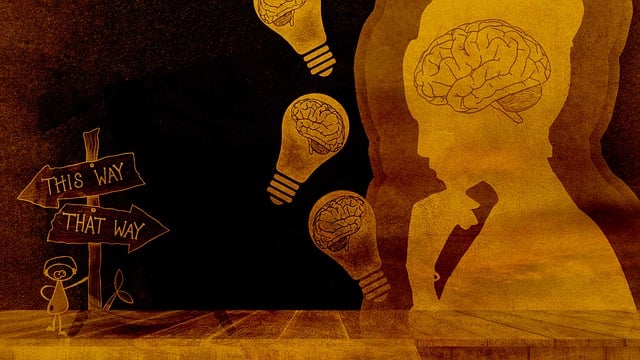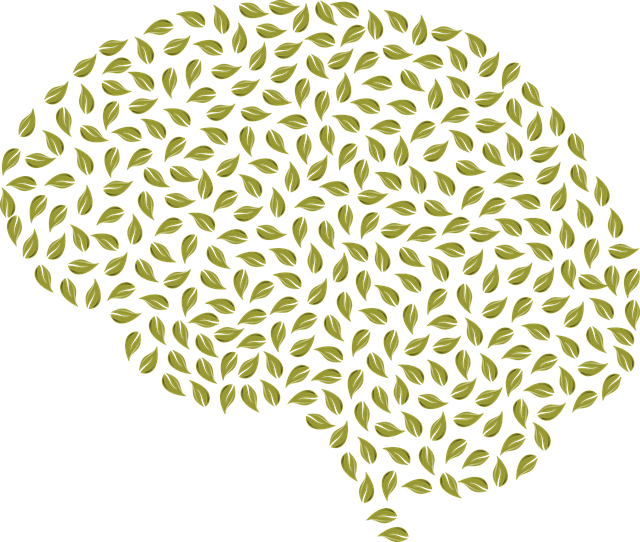Cultural sensitivity in mental healthcare is vital for treating young children, as their cultural backgrounds significantly impact emotional and behavioral development. Adapting therapeutic approaches, such as ERP techniques, to align with individual cultural exposures and responses is essential. Incorporating cultural competence into ERP therapy enhances engagement, reduces stigma, promotes positive cultural representations, and ultimately improves treatment outcomes. Integrating clients' cultural beliefs, values, and practices ensures tailored care, building trust in diverse communities and fostering a safe space for emotional expression and healing.
Cultural sensitivity in mental healthcare is a vital aspect of ensuring effective treatment for diverse patient populations, especially children. This article explores the importance of cultural competence within the field, focusing on therapy for young children. We delve into how cultural background significantly impacts children’s mental health and examine evidence-based approaches like Exposure and Response Prevention (ERP) techniques. By incorporating cultural sensitivity into ERP methods, practitioners can offer tailored care, enhancing treatment outcomes for all children.
- Understanding Cultural Sensitivity in Mental Healthcare
- The Impact of Cultural Background on Childrens' Mental Health
- Therapy for Young Children: Exposure and Response Prevention (ERP) Approaches
- Incorporating Cultural Competence into ERP Techniques
- Best Practices for Providing Culturally Sensitive Mental Healthcare
Understanding Cultural Sensitivity in Mental Healthcare

Cultural sensitivity in mental healthcare involves understanding and respecting the diverse beliefs, values, and practices of individuals from different backgrounds. This is particularly crucial when working with young children, as their cultural contexts play a significant role in their emotional and behavioral development. In therapy sessions, mental health professionals must adapt their approaches to be culturally sensitive, ensuring that interventions like Exposure and Response Prevention (ERP) are tailored to the child’s unique cultural exposure and response dynamics.
For instance, mindfulness meditation, while beneficial for many, may not be suitable or effectively communicated to children from cultures unfamiliar with such practices. Mental illness stigma reduction efforts also need to consider cultural perspectives on mental health to foster trust and open communication. Moreover, risk assessment for mental health professionals must account for potential cultural biases and differences in presenting symptoms, ensuring that practitioners are equipped to provide culturally competent care without perpetuating harmful stereotypes or misunderstandings.
The Impact of Cultural Background on Childrens' Mental Health

Children’s mental health is deeply influenced by their cultural backgrounds, which can significantly impact their experiences and responses to various therapeutic approaches. In many communities, cultural beliefs and practices shape how families perceive and address mental well-being. For instance, some cultures may prioritize collective over individual struggles, emphasizing familial support as a protective factor against mental health challenges. Conversely, others might stigmatize certain conditions, hindering children from seeking help or promoting positive thinking and self-esteem improvement.
Integrating cultural sensitivity in mental healthcare practice is essential to ensuring effective therapy for young children. Techniques such as Exposure and Response Prevention (ERP), a form of behavior therapy, must be adapted to respect diverse backgrounds. For example, when working with families from different ethnic or religious groups, therapists can incorporate cultural elements into ERP to enhance engagement and trust. This tailored approach not only improves the effectiveness of the therapy but also fosters a sense of belongingness and understanding, ultimately contributing to better mental health outcomes for children.
Therapy for Young Children: Exposure and Response Prevention (ERP) Approaches

In the context of therapy for young children, Exposure and Response Prevention (ERP) approaches have proven effective in addressing anxiety disorders. This evidence-based method involves gradually exposing children to situations or triggers that elicit fear or anxiety, while teaching them coping strategies to manage their responses. By facing their fears in a safe environment, children can learn mood management skills and develop more adaptive behaviors, leading to anxiety relief.
ERP is grounded in the mind over matter principles of cognitive behavioral therapy, empowering young patients to challenge negative thoughts and replace them with realistic, positive ones. This therapeutic process helps children build resilience and confidence in their ability to cope with challenging situations, fostering a sense of control over their emotions and ultimately improving their mental well-being.
Incorporating Cultural Competence into ERP Techniques

Incorporating cultural competence into Exposure and Response Prevention (ERP) techniques is a vital step in ensuring effective therapy for young children from diverse backgrounds. Cultural sensitivity in mental healthcare involves understanding and respecting different beliefs, values, and practices that shape an individual’s emotional regulation and coping mechanisms. By integrating these insights, healthcare providers can adapt ERP strategies to align with the child’s cultural context, fostering better engagement and outcomes.
Cultural competency training for healthcare providers is essential to navigate the complex landscape of mental illness stigma reduction efforts. It equips them with the skills to recognize and address cultural barriers, ensuring that young clients from diverse ethnic, racial, or socio-economic groups receive tailored care. This approach not only enhances therapy’s accessibility but also promotes positive cultural representations, creating a safe space for emotional expression and healing.
Best Practices for Providing Culturally Sensitive Mental Healthcare

Providing culturally sensitive mental healthcare is paramount for ensuring effective treatment and building trust within diverse communities. One key practice involves integrating knowledge about a client’s cultural background, traditions, and beliefs into therapy sessions. This might include learning about family dynamics, communication styles, and specific challenges faced by individuals from different ethnic or social groups. For instance, therapists can adapt their approaches when treating young children from diverse backgrounds, incorporating culturally relevant techniques such as Exposure and Response Prevention to address anxiety disorders.
Community outreach programs play a significant role in promoting cultural sensitivity. Implementing these initiatives allows mental health professionals to engage directly with various communities, fostering trust and accessibility. By utilizing effective communication strategies, therapists can bridge cultural gaps and create safe spaces for clients to express their concerns. Additionally, incorporating practices like mindfulness meditation into therapy sessions can respect and accommodate different spiritual beliefs while also offering tools for stress reduction and emotional regulation.
Cultural sensitivity in mental healthcare is paramount, especially when treating young children. By understanding the impact of cultural backgrounds on their mental health and incorporating culturally competent approaches like Exposure and Response Prevention (ERP) techniques, practitioners can ensure effective therapy. Best practices emphasize the importance of adapting treatments to respect diverse cultural perspectives, fostering a more inclusive and beneficial therapeutic environment for all children.


